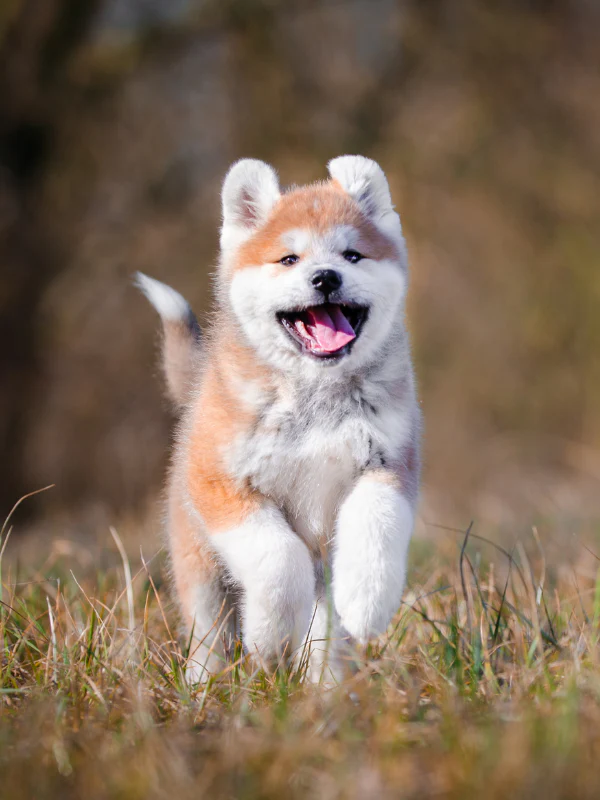Owning a puppy feels a lot like raising a child—there’s plenty of joy, laughter, and challenges, but occasionally, it can feel like pulling your hair out too. There’s no one perfect guidebook for puppy training anymore than there is for parenting. But by avoiding common pitfalls and mastering essential techniques, you’ll find the journey smoother and more rewarding.

The Importance of Puppy Training
Training isn’t just about teaching basic commands; it’s foundational for your puppy’s growth and behavior. A well-trained puppy develops into a confident, well-behaved adult dog. Good training strengthens the bond between you and your puppy, reduces behavioral issues, and encourages social skills.
Common Puppy Training Mistakes
We often don’t realize we’re making mistakes while training our pups. Let’s delve deeper into these pitfalls.
Expecting Immediate Results
Do you expect your puppy to behave like an adult dog right away? Puppies are similar to toddlers—they need time to learn and understand. Setting unrealistic expectations can lead to frustration for both you and your pup.
Punishing Bad Behavior
Many believe punishment can correct misbehavior, but it often leads to fear and mistrust, damaging your relationship with your puppy. Positive reinforcement is far more effective and builds trust.
Overtraining Your Puppy
Puppies, like humans, have a limit. Overtraining can lead to exhaustion and stress, hindering their learning and overall well-being.
The Art of Positive Reinforcement
Positive reinforcement involves more than just giving treats—it’s about creating a mental association between good behavior and positive outcomes.
- Understanding Their Currency: While treats work for most dogs, others may prefer praise, petting, or toys.
- Timing Matters: Reward immediately after the desired behavior to make the connection clear.
- Gradual Reduction: Over time, phase out treats gradually, substituting them with verbal praise or other non-food rewards.
Common Misconceptions in Puppy Training
Misinformation can lead to poor training or even harm your puppy.
- Dominance Theory: Many once thought dogs acted out to establish dominance. Today, trainers focus on a partnership approach instead.
- Punishment Works: Redirecting or intervening preemptively is more effective than punishing after the fact.
Setting Boundaries Early On
Defining boundaries is crucial for a harmonious household.
- Allowed and Restricted Areas: Clearly decide where your puppy can and cannot go to avoid confusion.
- Consistent Rules: If jumping on furniture is off-limits, everyone in the household should enforce this rule consistently.
Consistency is Key
Puppies thrive on routine and predictability.
- Unified Commands: If multiple family members are involved in training, everyone should use the same commands to prevent confusion.
- Routines: Establish regular schedules for feeding, walking, and playtime to give your puppy a sense of structure.
Socializing Your Puppy: A Vital Step
Socialization plays a pivotal role in your puppy’s development. Often, we get so focused on house training that we overlook socialization. A well-socialized puppy grows into a confident, happy adult dog. Expose your puppy to different environments, people, and animals early on.
- Exposure to New Environments: Introduce your puppy to new sights, sounds, and smells regularly to boost their confidence.
- Meet People and Pets: Encourage interaction with various individuals and animals to ensure they grow up friendly and non-aggressive.
Housebreaking: Tips and Tricks
Patience is essential during housebreaking.
- Crate Training: A crate provides a safe space for your puppy and helps regulate their bladder.
- Stick to a Schedule: Take your puppy outside regularly, especially after meals or naps.
- Watch for Cues: Puppies often sniff or circle when they need to relieve themselves.
Preventing Separation Anxiety
Separation anxiety can lead to destructive behavior.
- Gradual Desensitization: Begin by leaving your puppy alone for short periods and gradually increase the time.
- Comfort Items: Leaving a piece of your clothing can provide comfort when you’re not around.
Chew Training: Protecting Your Belongings
Puppies explore the world with their mouths.
- Provide Chew Toys: Offer a variety of appropriate chew toys to satisfy their urge to chew.
- Bitter Sprays: These can deter your puppy from gnawing on furniture or your belongings.
Command Training: Expanding Beyond Basics
Commands are about communication.
- Start Simple: Begin with basic commands like ‘sit’, ‘stay’, and ‘come’.
- Advance Gradually: Move on to more complex commands such as ‘heel’, ‘drop it’, and ‘wait’.
Addressing Aggression
Aggression often stems from underlying issues.
- Early Intervention: Address any signs of aggression promptly.
- Identify the Cause: Fear, territoriality, or even health issues could be behind the behavior.
- Seek Professional Help: Certain aggressive behaviors may require input from a professional dog trainer or behaviorist.
Health and Nutrition: Supporting Training Efforts
A healthy puppy learns more effectively.
- Proper Diet: Ensure your puppy eats a balanced diet suited to their age, size, and breed.
- Physical Activity: Regular exercise burns excess energy, making them more attentive during training.
The Value of Puppy Classes
Puppy classes provide a structured learning environment.
- Expert Guidance: Trainers can offer tailored solutions to specific issues.
- Socialization Opportunities: Puppies can interact with other dogs in a controlled setting.
Â
Frequently Asked Questions (FAQs)
When’s the best time to start training my puppy? As soon as they come home. Keep it fun and light until they’re ready for structured training.
How long should each training session be? Sessions should last about 5 to 10 minutes, with multiple sessions throughout the day.
What if my puppy doesn’t respond to training? Some puppies may take longer to respond. Consistency is key—patience pays off.
Is it okay to use treats during training? Treats are fine as rewards, but ensure they don’t disrupt a balanced diet.
Should I stop socializing my puppy once they’re adults? No, socialization is lifelong and should continue throughout adulthood.
low profile outdoor flood lights,Led Light Strips to Light a Room,Led Lights and Lamps
Jilin Province Yuaoda Trading Co., Ltd , https://www.yuaodacn.com
